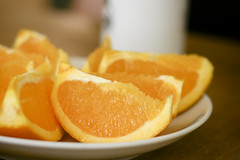 Such is the claim according to new research into how our bodies react to different types of exercise. Dr. David Stensel, the UK’s “leading sports scientist” argues that “the body tends to respond to exercise so it can do it more efficiently in future”:
Such is the claim according to new research into how our bodies react to different types of exercise. Dr. David Stensel, the UK’s “leading sports scientist” argues that “the body tends to respond to exercise so it can do it more efficiently in future”:
The lighter you are, the better for long-distance running, so your body will crave watery foods that lower your body temperature by rehydration while not piling on the pounds. But if you are making your body lift weights, then you will crave carb- and protein-rich foods that will bulk up your muscles. Similarly, if you are regularly swimming in cold water, your body benefits if your brain guides you towards foods that will give you a layer of protective fat.
In principal, this makes sense – I’ve always felt that if my body was craving something, then that was probably a sign that something was missing from my diet. But I can’t say I agree with the swimming/biscuit association. In fact, I never crave biscuits, cookies, chocolate, or fatty foods of any kind. I’m constantly craving fruit – frozen bananas in particular – and lately I’ve been craving protein (you may have noticed in recent food diaries that I’ve been loading up on the beans and tofu).
Runners and weightlifters in the audience – what foods do you crave?
Stensel’s research came with yet another result I found surprising. He found that some athletes like runners do not feel hungry after sport because their effort suppresses the ghrelin hormone that stimulates appetite. But that’s not the surprising part:
What is fascinating is the apparently paradoxical fact that people don’t seem to overcompensate for missed meals when their body returns to its rest state…So if you run for 90 minutes, you will burn around 1,300 calories but will not increase your food intake in the 24 hours after that exercise. In short, you burn all those calories but you don’t get hungrier than you would have had you not exercised at all.
This is somewhat contrary to a previous study by the Obsesity Society which showed that some people tend to eat more when they increased their physical activity. Of course, this study was restricted postmenopausal women who were overweight or obese, and they weren’t necessarily running.
Again, athletes in the audience? How does exercise affect your appetite?
My appetite’s been a bit stagnant these days. For a while, when I was swimming and walking 7km a day, I was constantly ravenous. Lately, I’m slimming daily but I’ve cut back on the walking due to shin splints. I miss my hearty appetite. Still, it hasn’t robbed me of my love for cooking. And as I’ve been craving protein lately, Friday evening was a good opportunity to whip up some tofu steaks and try a new tomato sauce recipe, a sort of spicy eggplant marinara. I’m still tweaking the recipe, but you can read the inspiration for it on CHOW: Eggplant-Pepper Tomato Sauce.
Diary for Friday, February 28, 2009
Breakfast
Bircher Muesli with Bananas
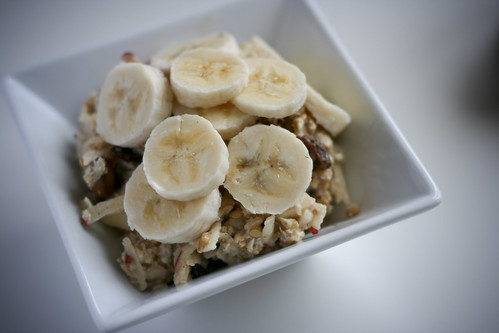
Started adding hazelnuts to my muesli. Delicious!
Swim (not)
I went to the pool then realized I had forgotten my goggles. Boo. My heart really wasn’t in the swim, anyway. At least the walk to and from the pool was nice.
Snack
Natural yogurt with bananas topped with pumpkin and sunflower seeds
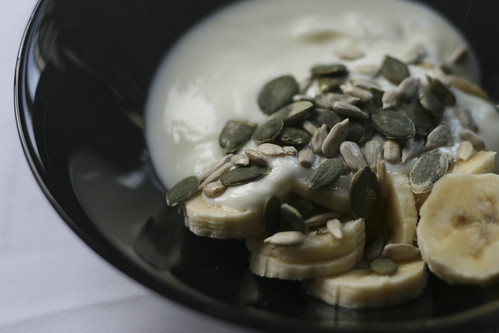
Lunch
Black bean and sweet potato taco with guacamole and salad
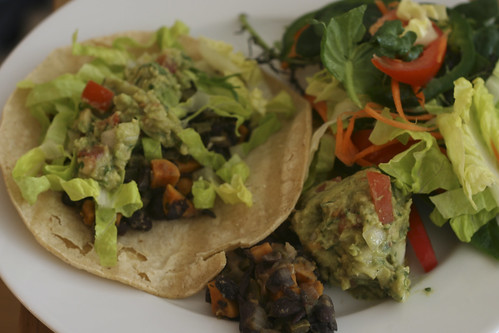
This meal took 15-minutes to prepare thanks to leftovers.
Dinner
Tofu Steaks with Eggplant Arrabiatta Sauce, Pasta and Broccoli
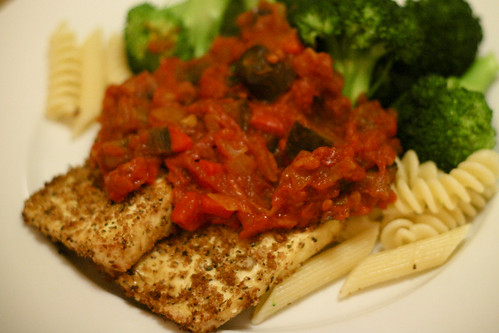
Tofu inspired by Heidi’s Garlic Soba Noodles Recipe. I added oregano and pepper to the parmesan and breadcrumb mixture. Not bad!

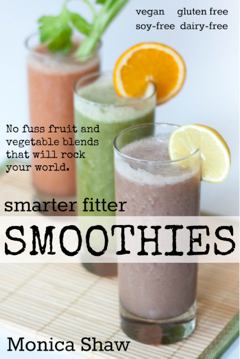
Comments